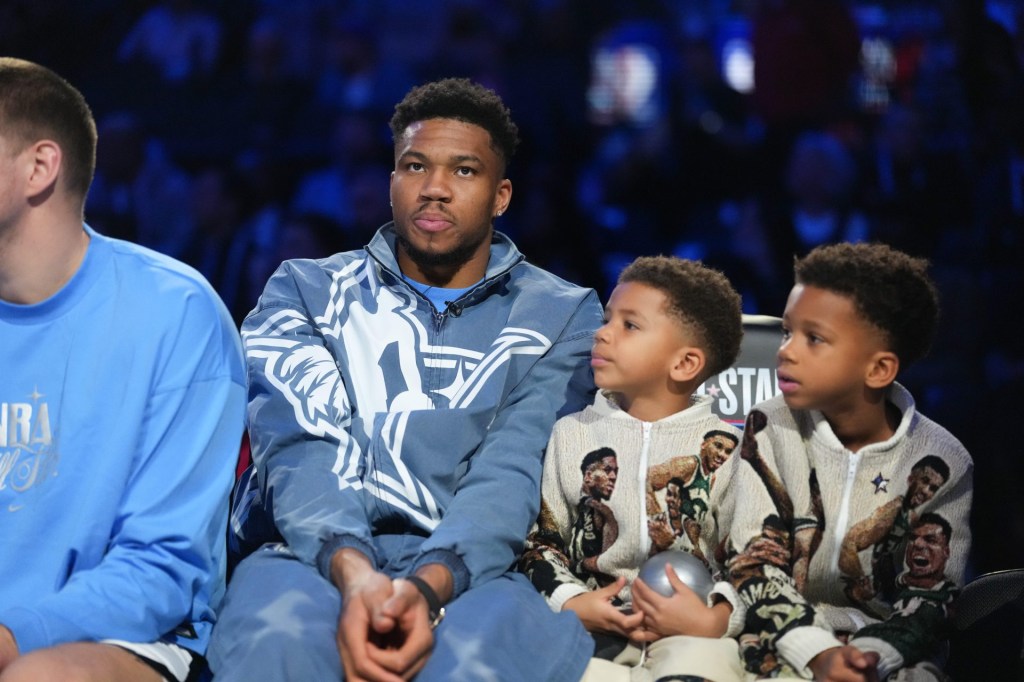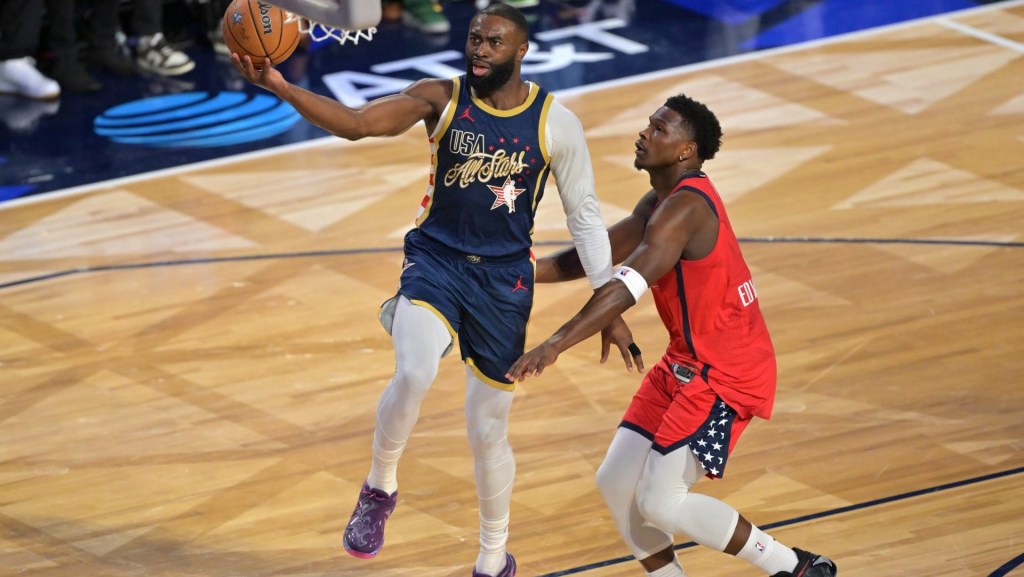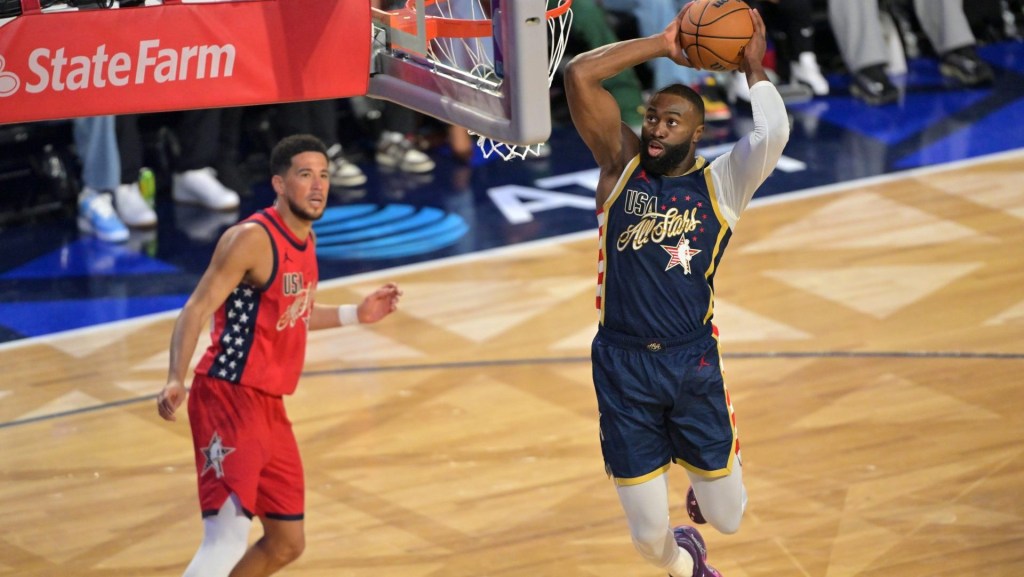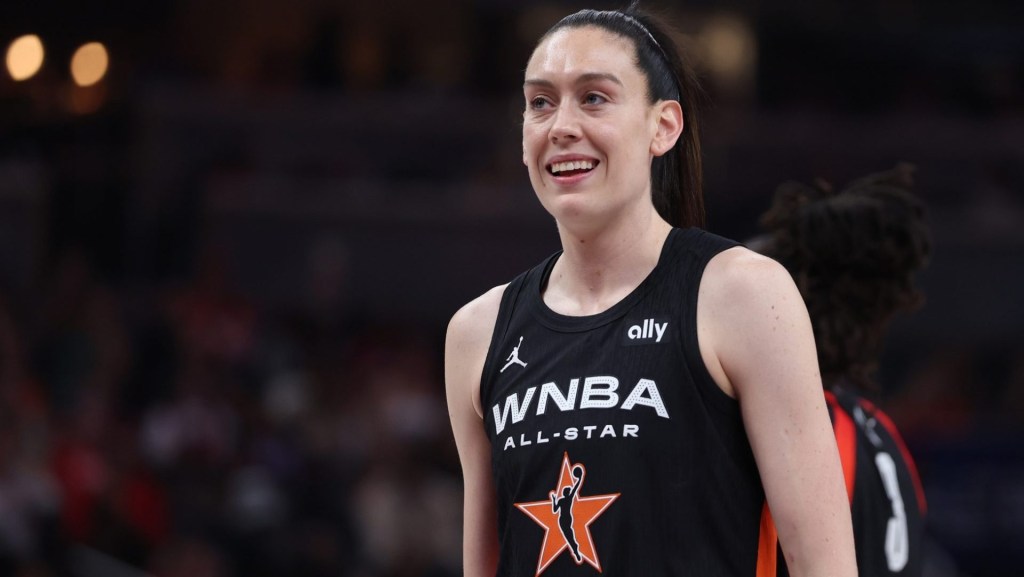The National Football league and its fantasy partners — Yahoo Sports, ESPN and CBS — are updating their games to eliminate language that suggests ownership or commodification of athletes.
Terms like “auction,” “price,” “cost,” “owner,” “bid” and “owned” are being replaced with “salary cap,” “salary,” “average salary,” “manager,” “offer” and “rostered,” respectively.
Fantasy football first emerged in Oakland, Calif. in the 1960s, and hit the internet — exponentially increasing its participant base — in the mid-1990s. Starting in 1997 with RotoNews and a handful of other sites, fans were able to begin following player stats in real-time. In 1999, Yahoo became the go-to site for free fantasy gaming.
Today, fantasy sports is a $7.22 billion industry in the U.S. with approximately 60 million people playing in North America, spending an average of more than $650 dollars per year, according to the Fantasy Sports Gaming Association.
The potential racial undertones of the practice have not gone unnoticed, however.
In 2017, ESPN came under fire for promoting fantasy football with a televised player “auction” run by Alan Wheeler, who held up pictures of players’ heads. The sketch drew public criticism from high-profile athletes and celebrities, and at the time, the company apologized, saying “the optics could be portrayed as offensive” when taken out of context.
Black men make up about 70% of the NFL’s nearly 1,700 players. It’s estimated that about 90% of fantasy sports users are white; 80% of them are men.
But fantasy sports don’t take place in a vacuum.
The NFL’s apparent acknowledgment of the practice’s racial landscape comes two months after Commissioner Roger Goodell, at the urging of players, said in a video that Black lives matter. In the wake of the killings of Ahmaud Arbery, Breonna Taylor and George Floyd, Goodell also admitted that the league was “wrong” for how it had historically handled player protests against police violence, like Colin Kaepernick’s kneeling demonstrations that began in 2016.
Eric Hall, an associate professor at Northern Illinois who studies the relationship between race, politics and popular culture — particularly sports — in twentieth-century U.S. history, wrote about the dehumanizing effects of fantasy sports in The Washington Post in 2017.
“‘Auction,’ “owner’/ ‘owned,’ and ‘bid’ were common terms used at slave markets in the first half of the nineteenth century (which is why ESPN’s 2017 auction skit was so problematic),” Hall said via email. “The enslaved persons paraded before wealthy white men were little more than commodities in the eyes of these traders.”
He says the wording changes are positive and have to be viewed through the lens of the league’s demographics.
“The events of this summer have forced leagues, owners, executives, and coaches to embrace the message of Black Lives Matter and rethink their hiring practices, policies, and even, in the case of Washington and Dan Snyder, team names and mascots,” Hall added. “These welcomed changes in terminology better acknowledge the humanity of players, the vast majority of whom are Black.”
Yahoo said the terminology changes stem from a desire to foster a culture of inclusivity.
“Our industry is made up of companies of various sizes, all competing for people playing our games, but we’re united by a desire to create and promote an inclusive community,” the company’s announcement said.
In a statement to Front Office Sports on behalf of itself and the fantasy partners, the NFL said the new terms better reflect the fantasy sports community.
“The changes made to our games are part of an ongoing effort to improve the industry’s top fantasy games in ways that are more inclusive and better reflect the sense of community at the heart of fantasy sports,” the league said. “The updates replace outdated terminology used in past fantasy games with more appropriate language to describe the functions of day-to-day game play.”
Stacie Stern — the first female chair of the Fantasy Sports Gaming Association’s board of directors in its 22-year history — added that while the organization won’t recommend specific language for companies to use, it’s proud of the way members collaborated and took action to make “real change.”
The FSGA is holding a webinar Aug. 21 for members to discuss the terminology and what choices companies have already made, or may want to make in the future.
“If there’s a group that’s marginalized and feels like they’re not welcome in participating in fantasy sports, making this change is really important,” Stern said. “And it won’t impact the people who are maybe pushing back — it’s not going to impact their lives. This is a good thing for everybody.”
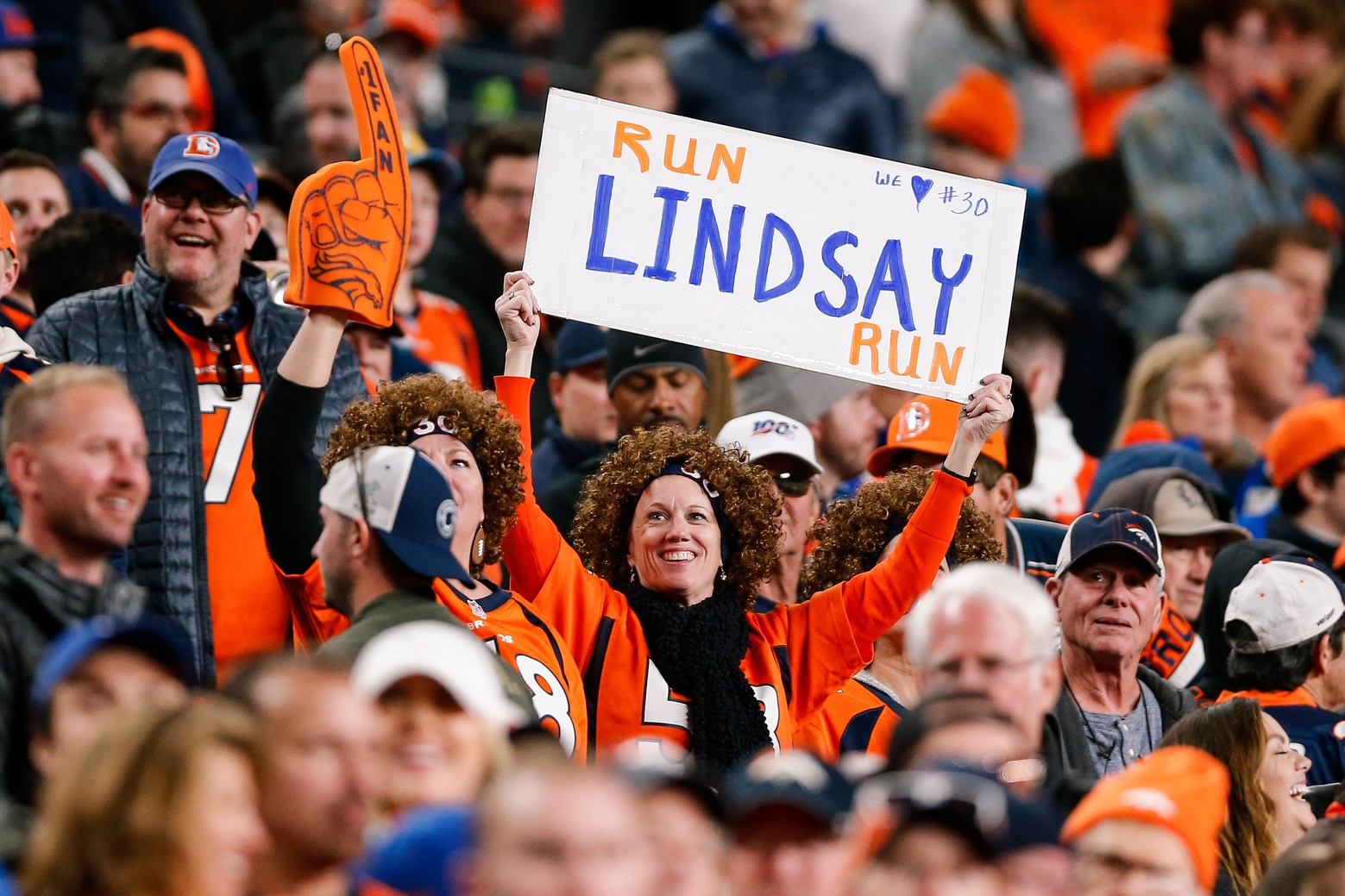
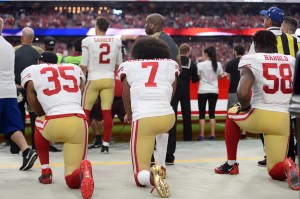
![[Subscription Customers Only] Jul 13, 2025; East Rutherford, New Jersey, USA; Chelsea FC midfielder Cole Palmer (10) celebrates winning the final of the 2025 FIFA Club World Cup at MetLife Stadium](https://frontofficesports.com/wp-content/uploads/2026/02/USATSI_26636703-scaled-e1770932227605.jpg?quality=100&w=1024)








